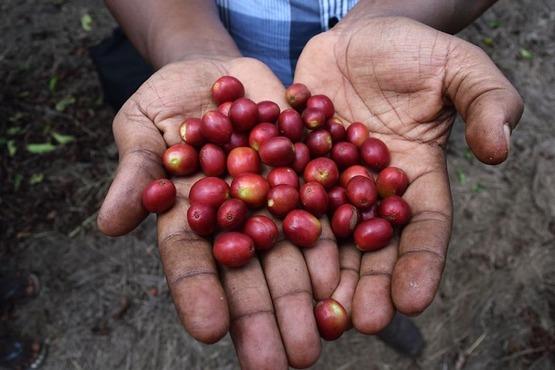Project Overview
Burundi is a major producer of Arabica coffee, ranking 13th worldwide. Coffee accounts for 80 percent of the country’s exports, playing a vital role in reducing poverty, creating jobs and supporting livelihoods. Yet cultivation as an unshaded monoculture on the steep hilly terrain that characterizes Burundi has increased erosion, making coffee the main cause of deforestation. Working with the government's strategic efforts to encourage sustainable coffee production and strengthen its position on specialty coffee markets, the private sector is interested in adopting more sustainable techniques such as multi-cropping and shade-grown systems. The project will build on existing national strategies on forest conservation and sustainable land management to accelerate the coffee sector's transition towards a more sustainable production model.
Sites:
Kibira National Park and surrounding coffee landscapes in the municipalities of Matongo in Kayanza Province and Musigati in Bubanza Province.
Commodity:
Coffee
Area Covered:
12,000 Hectares
Executing Partner and GEF Implementing Agency:
World Bank

Project Features
The goal is to promote participatory planning for the benefit of strategic land use and allocation by adjusting existing regulations and strategies on integrated land management, conducting integrated territorial planning and management, developing and deploying land and forest observation, and monitoring and evaluation tools.
Restoration of degraded landscapes and putting sustainable land management practices in place in the targeted coffee-growing hills will involve strengthening community and private sector participation in such activities as land rehabilitation, erosion control and land-titling processes.
Capacity building will facilitate producer-business market linkages, access to financing mechanisms and market quality standards.
The strategy involves protecting women's land rights by assisting land titling procedures, strengthening women's participation in formal and informal decision-making structures and designing special extension services activities for women.

Coffee cherries, Burundi. By Timothy Bryan Hill. Used under Creative Commons license







